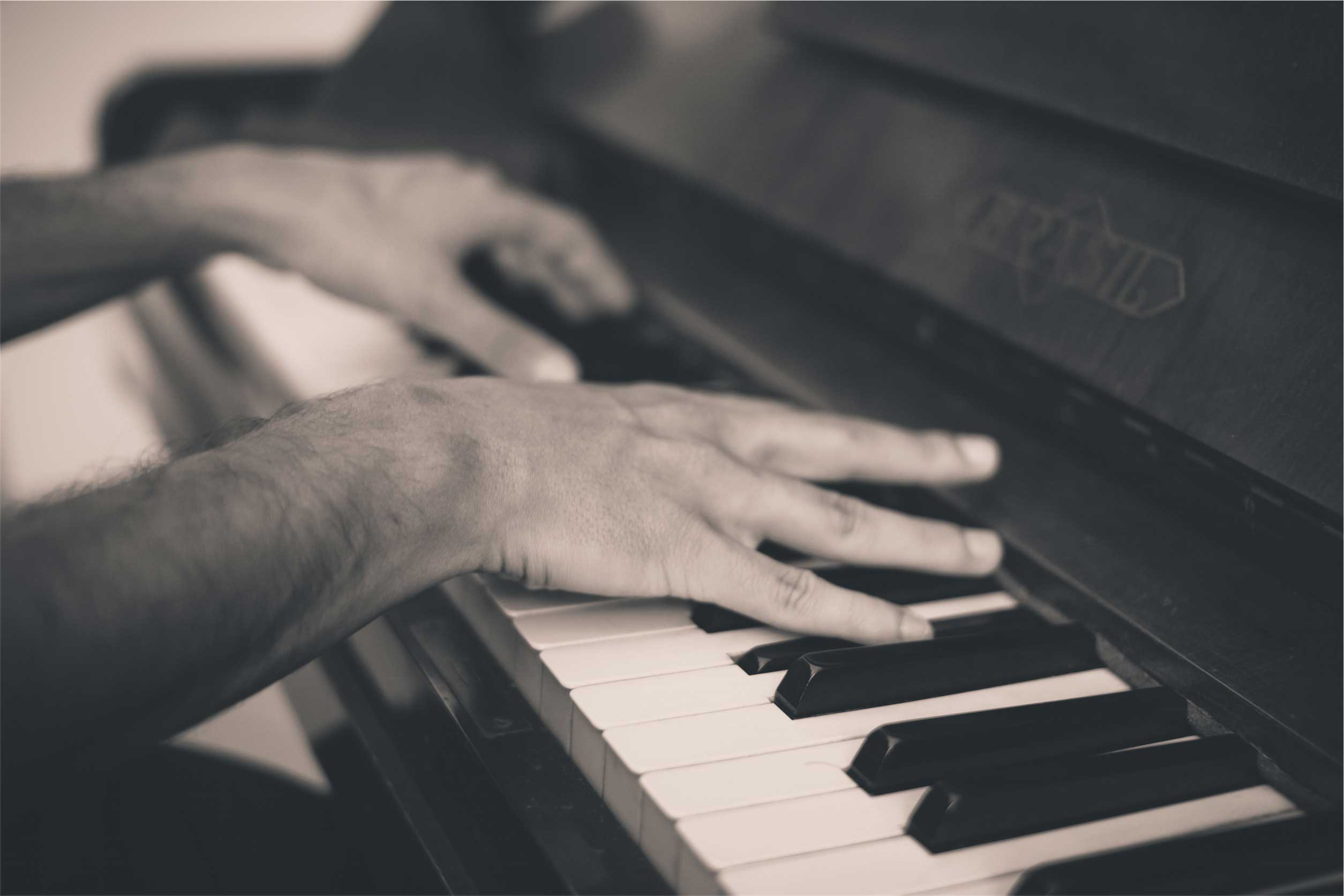This is the most common and insidious of all writing blocks. Yet finding time isn’t the actual root of the problem: prioritization is.
Everyone gets the same 24 hours to work with each day. And everyone’s schedule includes some inviolable hours: you must eat, sleep, and — for all but the luckiest few — you must work. You don’t have trouble finding time for your shift at work. It’s in your calendar, and you never miss. In the same way, there’s no such thing as “finding time to make music” — you have to make time for it.
Making time to create can seem difficult at first glance. But take a second look through your schedule, and you’ll likely find some gaps: times when you watch Netflix, go out for drinks, or scroll through Facebook, Twitter, and Instagram. Most likely, you have a lot more time to make music than it seems.
I think our schedules so easily fill up to avoid creating songs because writing is so difficult and so profoundly personal. But you can reduce the anxiety and pressure of a writing session.
During your writing time, you don’t have to just stick pen to paper, or your hands on the Push. Your writing time can be anything related to the craft — whether that’s analyzing another writer’s lyrics, or breaking down a Mike WiLL beat, or creating something brand new. What matters more than how much time you spend in each writing session is how often you work on your craft and how focused you are.
If you missed it, an earlier post on CareersInMusic called “How to Become Exceptional By Focusing On What Matters Most” details how to spend your time creating music. Duration is not as important as focus. In fact, you’re better off working on music for an hour per day, every day, than three hours per day, twice per week.
So right now, look at your schedule and try to identify where you regularly have free time. Start simple: find four or five hours through your week that you can work on music without interruption. Try not to make it too hard on yourself. Short sessions during a time of day when you’re not too busy, like early morning or after dinner, are perfect. I have mine scheduled for 7:30am to 8:30am every weekday morning.
A final tip: treat your creative time as sacred. Other people will not respect your time. They’ll try to schedule lunch, or hang out, or watch TV, or anything else. But to you, this time is now set in iron. Don’t bend.
This is the only way to be a more productive, more proficient, and better music maker. You simply must create more music, and the key to creating more music is to set a schedule and stick to it no matter the obstacles.
